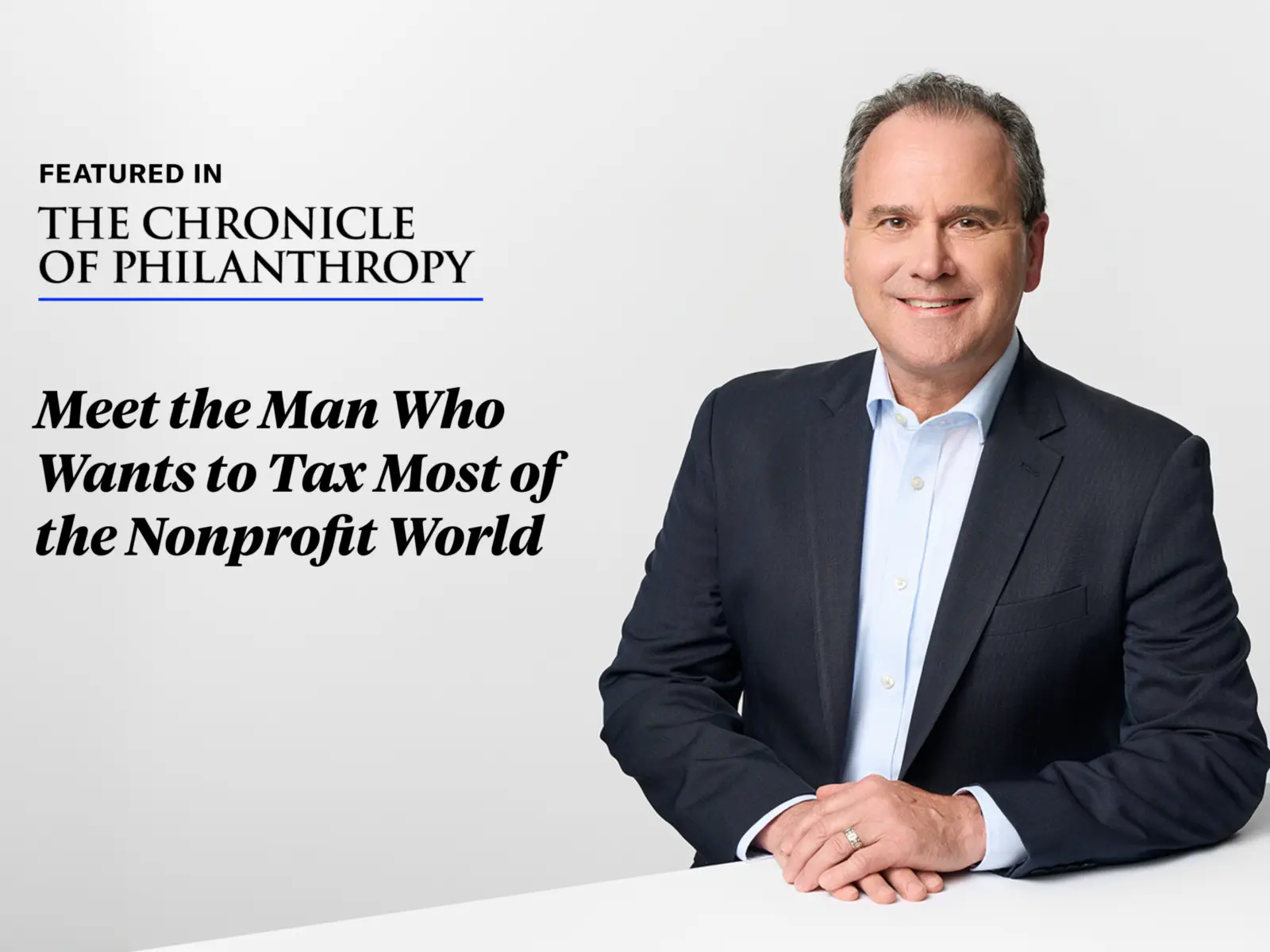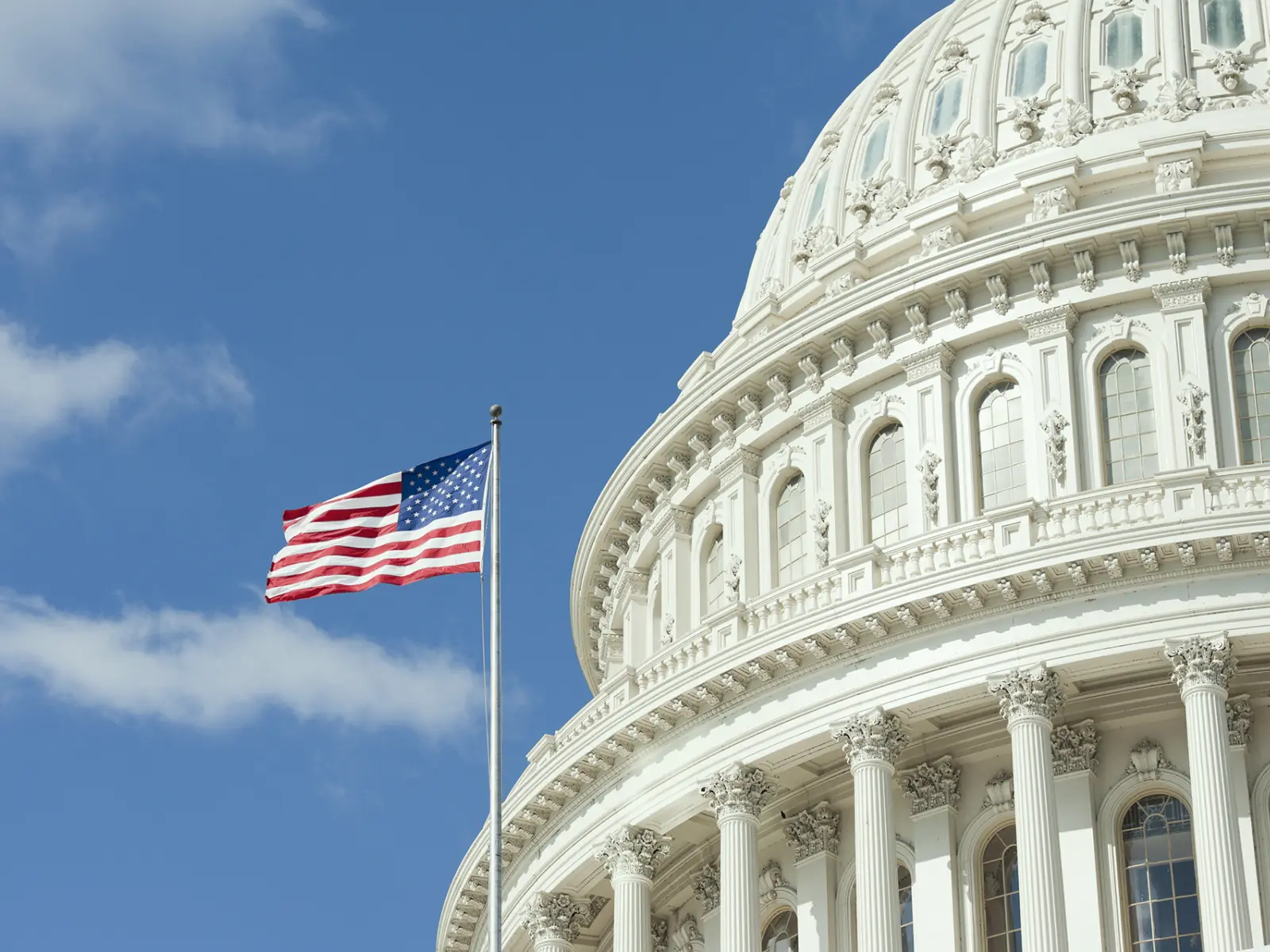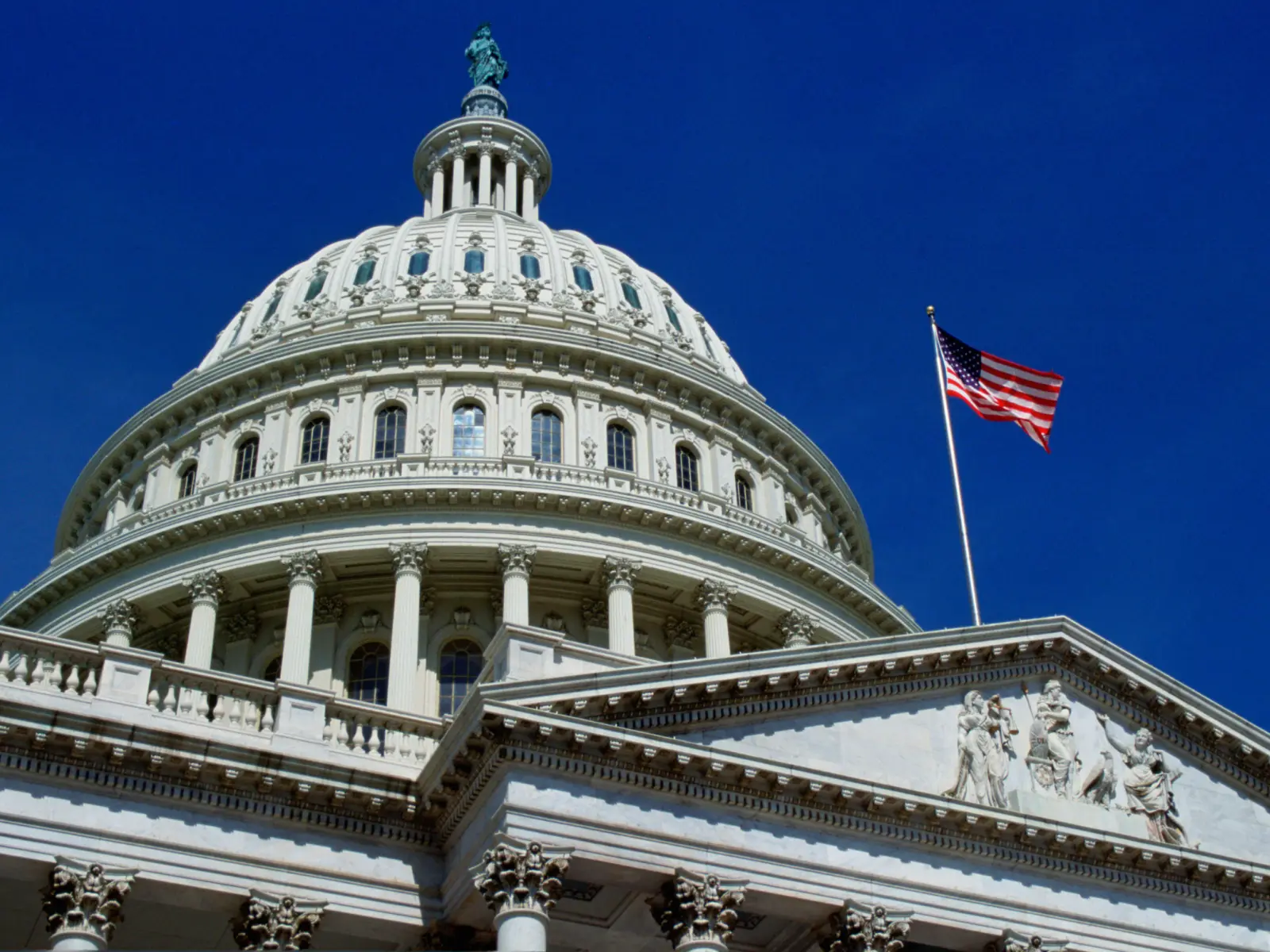The philanthropy community is up in arms that the House’s One Big Beautiful Bill (OBBB) would increase taxes on the net investment income of private foundations by as much as $1.6 billion per year, or $15.8 billion over the next decade, according to Congress’s Joint Committee on Taxation (JCT).
Groups such as the Philanthropy Roundtable claim the change amounts to a “600% tax increase on private charity,” which the Council on Foundations says “threatens to reduce funding for communities in need.”
These claims are greatly exaggerated. Taxing the investment income of tax-exempt assets is not a tax on the assets themselves, nor, as activists imply, is it a tax on charity. Indeed, this treatment is no different from how investments in 401(k) accounts are taxed. Individuals deposit tax-deductible contributions into their 401(k) accounts and then pay ordinary income tax rates — as high as 37% — when they withdraw funds during retirement.

















